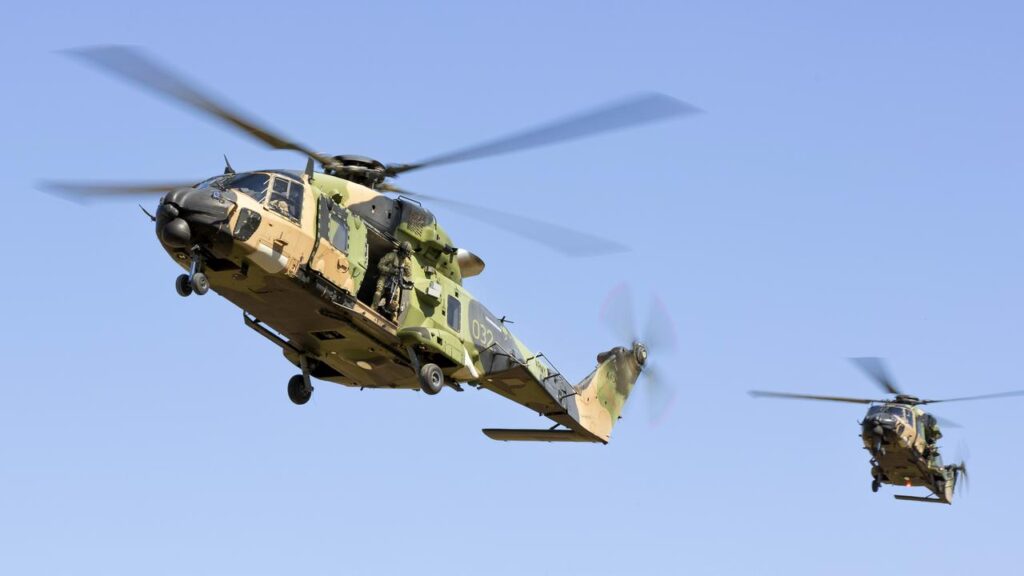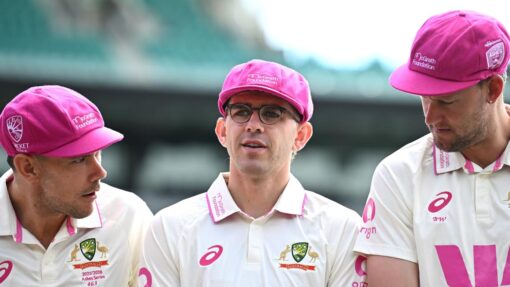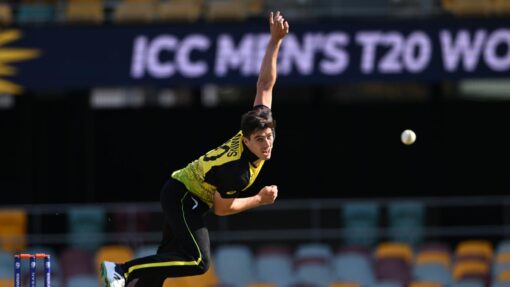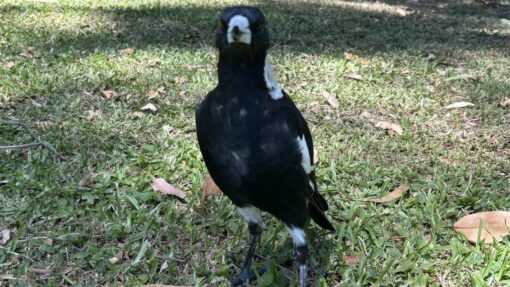Soldier fatigue in focus at fatal chopper crash inquiry
Lloyd Jones |

Wearable sleep monitoring devices were proposed to better assess aircrew fatigue before an army helicopter crash killed four personnel, an inquiry has been told.
The inquiry into the July 2023 crash also heard the commander of an aviation regiment had proposed a sleep study after identifying fatigue as a key issue for the unit, but it was rejected by headquarters.
Captain Danniel Lyon, Lieutenant Maxwell Nugent, Warrant Officer Class 2 Joseph “Phillip” Laycock and Corporal Alexander Naggs died when a MRH-90 Taipan helicopter crashed into waters off Queensland’s Whitsunday Islands.
The crew from the 6th Aviation Regiment based in Sydney was flying in a night training run during the Australian Defence Force’s annual Exercise Talisman Sabre alongside US forces.

An Inspector-General of the Australian Defence Force inquiry into the crash is ongoing in Brisbane before former judge Margaret McMurdo.
The inquiry in 2024 heard the crew was probably suffering from “hazardous fatigue”, with an aviation medicine expert saying it was “highly likely” that contributed to the crash.
It was told army aircrew felt pressure to continue on missions even when tired because they didn’t want to let the team down.
A fatigue risk awareness too was rolled out by the army before the crash requiring aircrew to sign off about whether they were feeling tired before an exercise and if so, by how much.
The inquiry was told army aviation’s fatigue management guidebook stated individuals were not good judges of their own fatigue levels.
D19, a pseudonym for the former commanding officer of 6th Aviation Regiment, told the inquiry on Tuesday he had wanted to initiate a study after learning poor sleep contributed to more than 41 per cent of fatigue issues.
The study was to include university input and the trial of wearable monitoring devices on aviation unit volunteers to record hours of sleep.
Under questioning by counsel assisting Jens Streit, D19 agreed automated sleep monitoring could reduce the risk of internal bias where personnel said they were good to fly to get the job done when they might not be due to lack of rest.

But he said defence aviation certainly understood the importance of fatigue management and he trusted army aviation personnel to do the right thing.
“I’m of the firm belief they would never jeopardise their own safety and that of others by flying when too fatigued to do so safely, given the regular training air crew had on fatigue and safety,” D19 said.
“I believe our fatigue training is pretty good, generally speaking, that we’re probably better than the average Joe and population.”
The inquiry heard his proposal for a sleep study to better inform fatigue policy was approved but then rejected by a brigadier who told him he wasn’t sure anything additional would be learned.
D19 praised the professionalism of the four aircrew killed in the crash.
Talisman Sabre 2025 director, Brigadier Damian Hill, has said fatigue awareness had been elevated as a priority after evidence at the inquiry.
AAP


